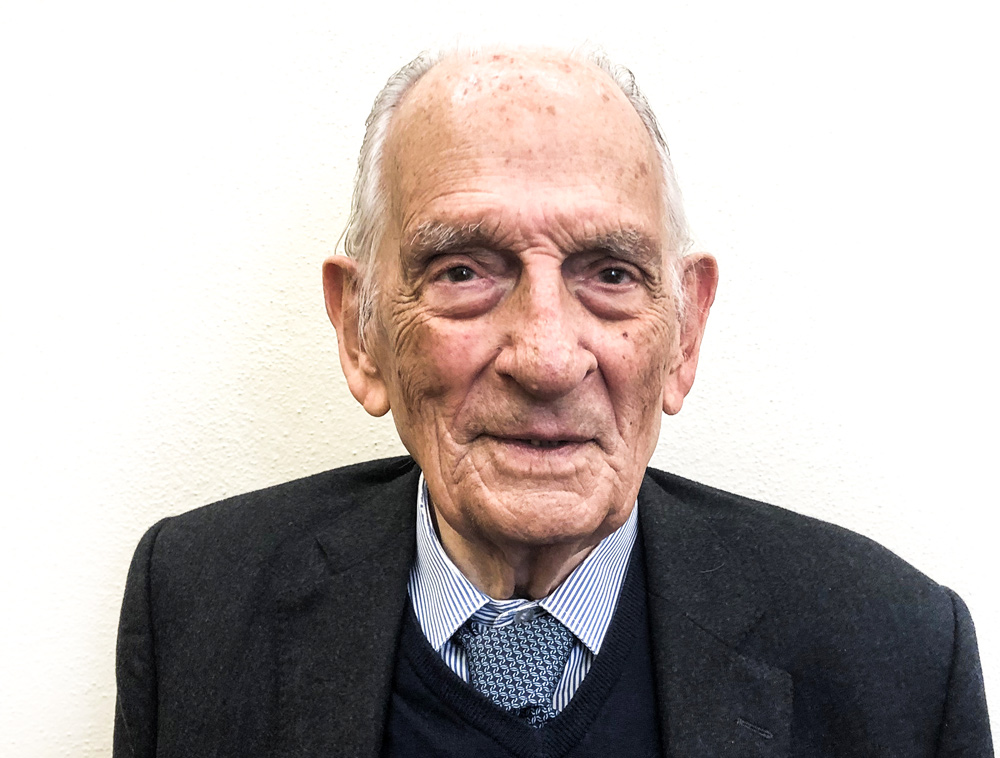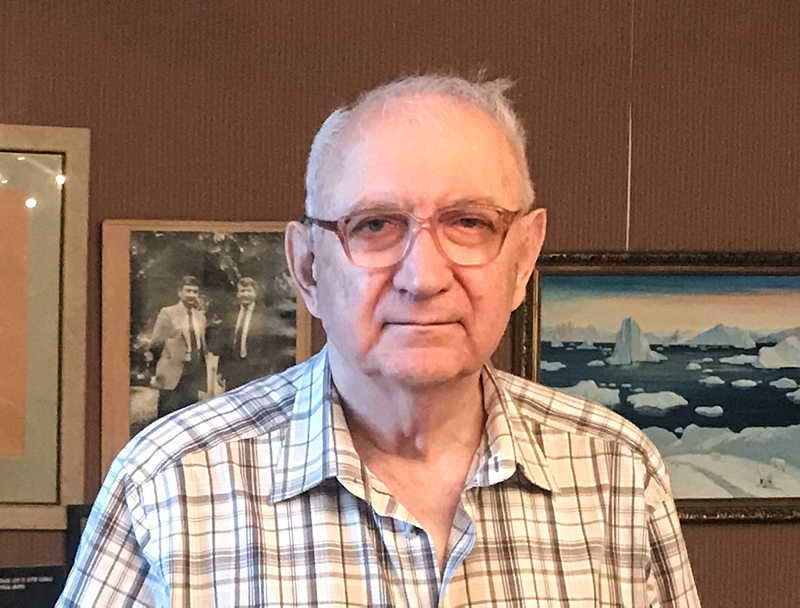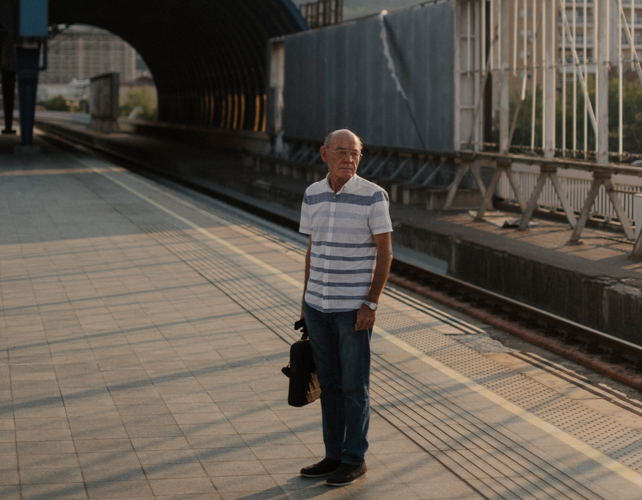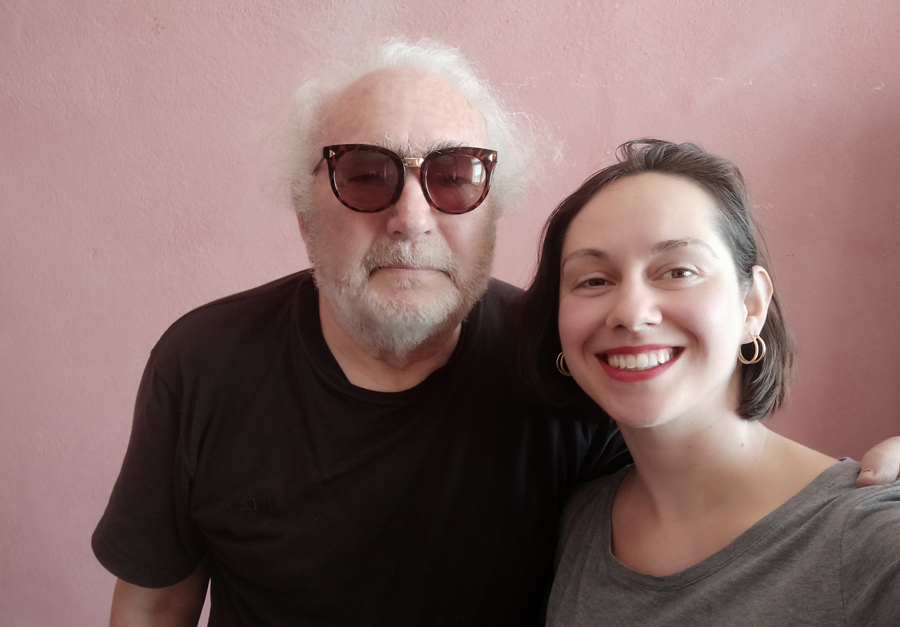Born in Macedo de Cavaleiros, in the north of the country, a trained jurist, Adriano Moreira was minister of Overseas between 1961 and 1963 during Estado Novo (or Second Republic) in the government of António de Oliveira Salazar. After the revolution of 25th April 1974, he remained politically active, being one of the most prominent figures in the Democratic Social Centre, CDS (also known as People ́s Party) of which he was president in the 80s.
Adriano Moreira was also one of the first in Portugal to think about European unity. In 1974, he published “Europe in Training”, one of the first complete works written in Portuguese about the process which led to the creation of the European communities. He is the first Portuguese voice in the European Archive of Voices, a perspective from Portugal in this project of intergenerational dialogues which help us tell a common European story from the personal stories of leading European figures.
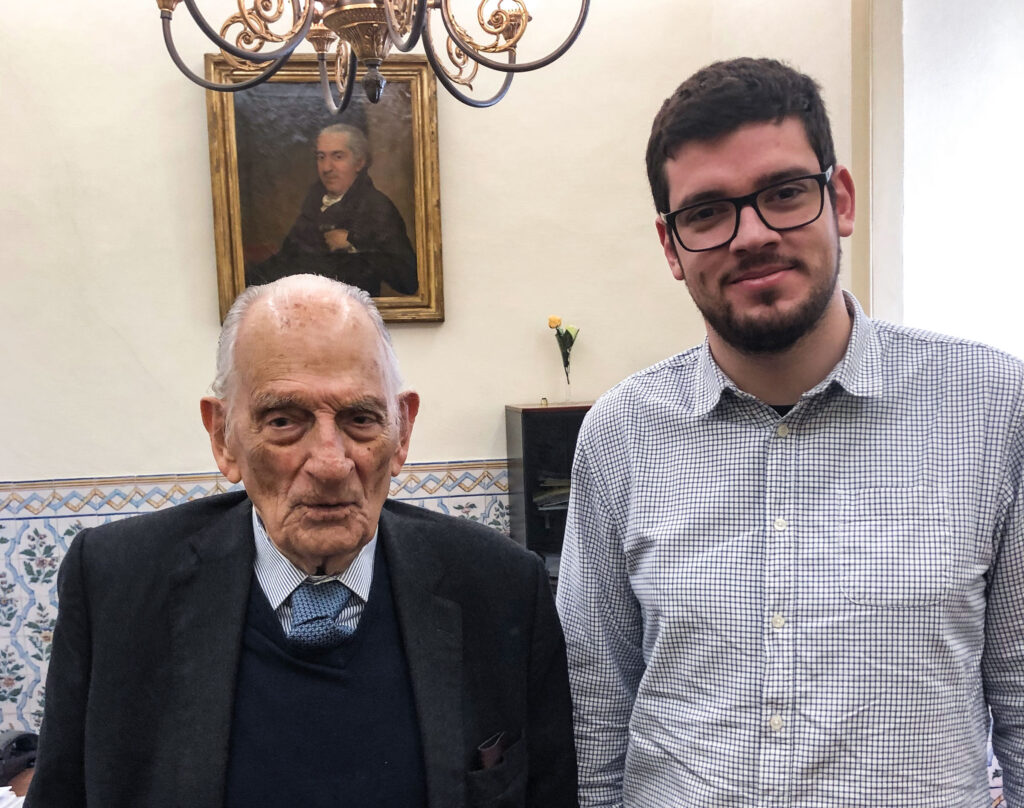
Adriano Moreira was interviewed by João Francisco Gomes, a 23 years old journalist at Observador.
Interview Highlights
Education
»As you can imagine, if you check the payroll of that time, life wasn´t easy and I have a memory of my father and mother filled with love, respect and constant presence. Why did two people with severe limitations have a son and a daughter who take a degree? I graduated in Law and my sister is a doctor. I attended this high school. I lived in Campolide, where Nova University stands today. I came and went back on foot every single day for seven years.»
Work
»I struggled a lot to do my internship in Law. Although I had good marks, my father knew no one in the milieu. I went to several lawyers and all of them had their hands full, until I eventually visited an old professor who had trouble walking. We liked him a lot. Professor Gouveia. I explained: “Dear Professor, I have such good marks, but I have this problem. Can´t you get me a lawyer where I can do my internship? He answered: “I see, you can stay in my office.” And that´s how I started.»
Political Awareness
»I never belonged to any party, I must say. All my life, until I joined CDS. I studied and I worked. That´s what I did. (…). However, when I came from the United Nations, I started saying this isn´t going to hold, change is necessary”. At that time, Salazar called me and said: “You are very critical of our structure”. And I answered: “It´s not difficult to know that. I write my lessons and then I publish them, so it is easy to access them”. Then, he told me the following: “I agree there are reforms which can´t remain undone, but I need people who know how to make them. I would like to invite you to make them”. He even put it like this: “You have reasons to say no” (laughs). And I told him and this is historical: “Mr. President, you are not the only person in this country who can put national interest above differences of opinion. Now, there is a problem: I don´t belong to any party, I didn´t even belong to Mocidade Portuguesa. Who is going to help me?”. He said: “I will”.»
Cultural Awareness
»If you ask me why I chose to study Law, it is very difficult to explain, because the place where I lived didn´t inspire me much. It was a place of handicraft, precarious work, etc. It was very likely because of a neighbor of mine who had a small library and was very fond of me. She would lend me some books (laughs). I would read and return them very carefully, so as not to damage them and she kept doing it. I guess that´s how it started, by the memory of history which is important in so many novels, that dialectic of the defense of points of view. It must have been that as I didn´t have any influence within the family or milieu which could have sent me in that direction.»
